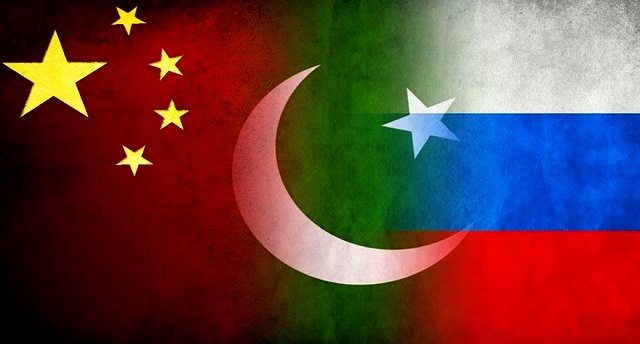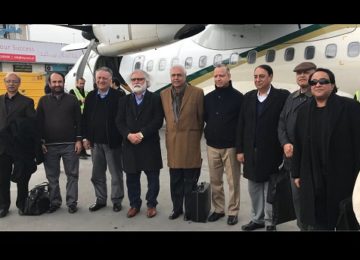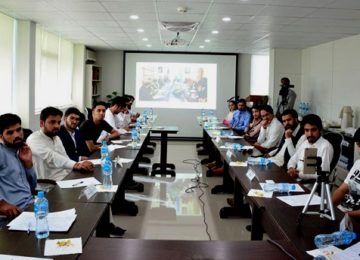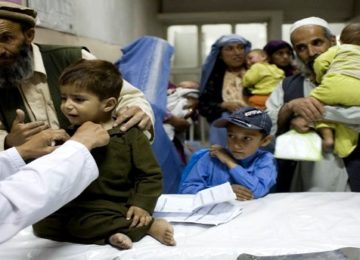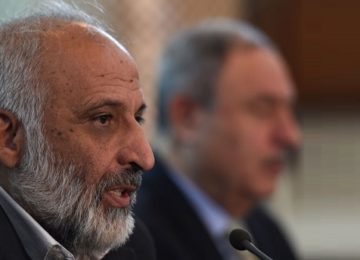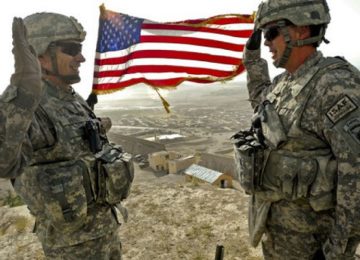January 15, 2018
A report in the Russian Daily Kommersant suggests that recent threats by Donald Trump have pushed Pakistan into the arms of China and Russia. Below is the report in full:
Islamabad is suspending large-scale military-technical cooperation with its chief ally, Washington. Pakistan’s unprecedented move came in response to a decision made by US President Donald Trump to freeze aid programs to the South Asian nation, which is accused of failing to honor its allied commitments and aiding and abetting terrorism.
The chill in relations between Washington and Islamabad is nudging Pakistan towards rapprochement with China and Russia, which can eventually result in a change in the balance of power and a redistribution of roles in the Asian region, Dmitry Mosyakov, Director of the Center for South-East Asia, Australia and Oceania Studies at the Russian Academy of Sciences, told Kommersant. “Considering that Islamabad needs foreign assistance, it will try to receive it from Moscow and Beijing, which likewise have problematic relations with Washington,” he explained.
Meanwhile, Pakistani political scientist Ahsan Chaudhary said in an interview with the paper that, no matter how strong Pakistan’s ties with China and Russia may be, its rapprochement with them has certain limits. In his view, one should not expect relations between the US and Pakistan to cool down dramatically. What we see now is some kind of bargaining rather than any fundamental change in position, he stressed.
However, the basic reason why cooperation between Washington and Islamabad will not be frozen altogether is Pakistan’s role as a transit country for the US and NATO in their operation in Afghanistan. “There is no alternative to this transit. Logistics issues need to be tackled regardless of the formidable and unpredictable statements made by Donald Trump,” Ivan Konovalov, Director of the Center for Strategic Trends Studies, told the paper.
Source: TASS Press Review
Disclaimer: Views expressed on this blog are not necessarily endorsed or supported by the Center for Research and Security Studies, Islamabad.



